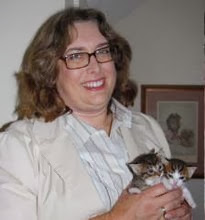 We have found sanctuary for him in Hinckley, MN, but he requires transport from Davenport, Iowa.
We have found sanctuary for him in Hinckley, MN, but he requires transport from Davenport, Iowa. We have filled most of the legs of the transport, but we need to be able to reimburse gas costs.

Can you donate a few dollars to our Chip-In account?
I’m still hoping this guy could find love in a real home…
Denise (d4luke@gmail.com)
 ORIGINAL PLEA RECEIVED:
ORIGINAL PLEA RECEIVED:Trying to find a place for a Senior chocolate lab who hasn't had much of a life to life out whatever is left of it in peace and comfort....
So I was looking at the Best Friends Network here and in surrounding states, looking for a rescue but more so a sanctuary as I don't think this dog would ever be adopted because of age, and he's not going to be placed up from adoption here...
 He's at the shelter because of an abatement order. The owner has an ACO file going back to '05. He was listed as an adult back then, so even if he was 2 or 3 back then, that would make him 9 or 10 now.
He's at the shelter because of an abatement order. The owner has an ACO file going back to '05. He was listed as an adult back then, so even if he was 2 or 3 back then, that would make him 9 or 10 now. REALLY sweet, gentle, VERY housebroke...
Carla (carla.heim@mchsi.com)
